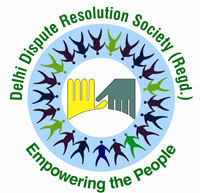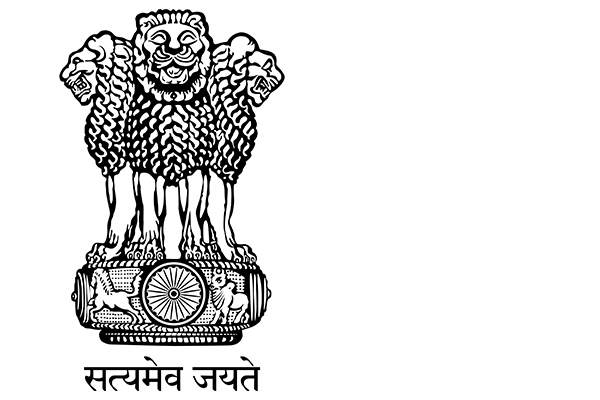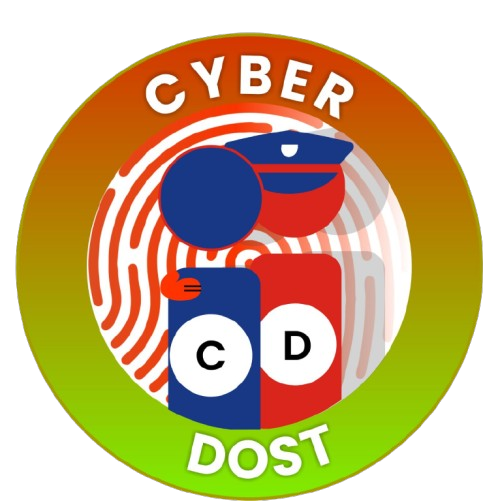Citizen Charter of Delhi Dispute Resolution Society (REGD.)

(Deptt. of Law, Justice & LA)
Ground Floor, B- Block,
Vikas Bhawan-II, Civil Lines,
Near Metcalf House, Delhi-110054
Ph: +91-11-23813782/ 83/ 85, +91-11-23813778
Fax: +91-11-23813783
Website: mediation.delhigovt.nic.in
E-mail: director[dot]adr[at]gmail[dot]com
1. What is the Vision of the Society?
The Society has been constituted under Department of Law, Justice & Legislative Affairs with an aim towards self-empowerment of the Society and for bringing greater Social Harmony. The vision of the Society is :
- To empower public to resolve disputes amicably.
- To make people build relationships and make stronger and safer society.
- To reduce backlog of cases from courts.
- To save cost of litigation to parties and State.
- To promote greater public satisfaction in legal system and dispute resolution mechanism.
2. What is the Mission of the Society?
Delhi Government with its commitment to people of Delhi to ensure timely and responsive justice and also to provide them easy access to the justice, has entered into a first joint venture of its kind with Delhi High Court to set up mediation centres in all the Districts to take up all kinds of civil and petty criminal cases, whether or not pending in the courts. The objective of society is to provide a forum to the parties to settle their disputes with the help of Neutral Mediators rather than to suffer silently or run to police, courts or any other forum.
The mediation centres are being managed and supervised by trained mediators and officials who are dedicated to act as healers of pain.
It is expected that in due course of time, Mediation Centres would become an effective forum for resolution of all disputes.
3. Why mediation is necessary ?
In the recent past, a large number of disputes are being reported to the police and also are being filed in the courts. As a result of this, not only there is increase in the litigation in the courts, but the relations between the parties are also getting spoiled. Most of these matters could be easily settled without going to the police or the courts. Hence, mediation is the only forum to help the disputant parties to resolve such cases.
4. What is mediation ?
Mediation is a voluntary process in which an impartial and neutral mediator tries to bring together the disputant parties to arrive at a mutually agreeable solution. The parties to the dispute have an opportunity to ventilate their grievances and feelings and thereafter work out the solutions to meet their interests. The mediator neither decides nor imposes any solution on the parties, but creates a favourable environment to enable them to reach an amicable settlement.
5. What are the benefits of Mediation?
- Allows parties to personally express their views directly, informally, confidentially and without fear of any adverse action.
- Parties themselves work out solution which meets their interests and thus, gives more satisfaction.
- Focuses on the future, rather than the rights and wrongs of the parties.
- Eliminates the risks of litigation.
- Helps to save time, energy, money and relationship.
- Brings harmony by creating Win-Win situation for the disputing parties.
6. What type of cases can be referred for mediation ?
- Neighbourhood -Parking, noise, nuisance, destruction / repair / maintenance of property, fencing, pets, interpersonal etc.
- Family - Parent / child, parenting (child custody / visitation / support), child welfare etc. adult guardianship, restitution, divorce, domestic violence, maintenance etc.
- School - Special education, peer (student -student), minor complaints, corrections.
- Commercial – Consumer / merchant, small claims, workplace, bad cheques, accident compensation.
- Miscellaneous - Police / citizen, minor criminal, victim / offender, disabilities, cross-cultural, religious / charitable, multi party etc.
7. How to approach Mediation Centre?
Delhi Dispute Resolution Society (Regd.) is setting up Mediation Centres in each district. Any or both the parties to a dispute, whether pending in court or not, are at liberty to approach any of the centres for resolution of their disputes.
The petty criminal compoundable cases can also be referred by the police to the nearest centre before registration of FIR / or proceeding further in the matter / complaint.
The cases before Consumer Forums and such other Tribunals can also be referred by the Presiding Officers for mediation.
The consumers can also approach any Centre with their complaints against vendors / service providers.
8. What happens in Mediation ?
Mediation process, though is informal, has a definite structure. Mediator first talks to the parties and introduces himself. He establishes neutrality, creates trust of parties in the process and ultimately creates atmosphere for open discussions.
Mediator thereafter listens and encourages both the parties to give information and facts and helps them to identify their interests. He establishes communication between the parties.
He also listens to both the parties separately to enable them to further explain their grievances, demands, expectations. He also helps parties to generate options for amicable settlement.
Once the matter is settled, mediator clarifies and confirms the terms and records the settlement.
Scheme for Citizens participation:
9. Who can be a Mediator?
Mediators are:
- Lawyers who have undergone training as prescribed by Mediation and Conciliation Project Committee (MCPC) of Supreme Court of India and have got the certificate of Trained Mediator
- Respectable citizens of the locality who have to undertake prescribed training by Delhi Dispute Resolution Society;
- Retired officers, Judges, bureaucrats, public spirited persons, lawyers, Social Workers & respectable citizens etc.
10. What is the duration of Mediation process?
Most cases are settled within 30 minutes to 60 minutes. However, if the dispute involves complex issues, it may require some more time.
11. Where are the Mediation Centres Located ?
- State Consumer Disputes Redressal Commission,
Vikas Bhawan, A-Block, I.T.O.,
New Delhi 110 002,
Tel: +91-11-23379074 - M-Block, Vikas Bhawan, 3rd Floor, I.T.O.,
New Delhi -110002
Tel: +91-11-23379774, +91-11-23379775 - 419, Udyog Sadan, Patparganj Industrial Area,
Delhi.
Tel: +91-11-22166843 / 44 - Delhi Transport Authority, Rajpur Road,
Delhi -110 054,
Tel: +91-11-23971019 - Parliament Street, near Police Station,
New Delhi-110 001,
Tel: +91-11-23368056/57 - Ambedkar Bhawan, Sector-16, 3rd Floor, Rohini,
Delhi- 110 085,
Tel: +91-11-27571629 - Consumer Dispute Redressal Forum-II
G.N.C.T of Delhi, Udyog Sadan,
C-22 & 23 Qutab Institutional Area ,
Behind Qutab Hotel, N. D.
Tel: +91-11-26513307 - District Consumer Forum
Office of Deputy Commissioner
North-East, I-Block, 1st Floor, Nand Nagri Delhi
Tel: +91-11-22599413 - Community Hall, A-Block, Jahangir Puri, Delhi-33
Tel: +91-11-27634177 - DDA Flats, Kalkaji,
Block L-2, Kalkaji
(Near Rajiv Gandhi Park)
New Delhi-110019
Phone No. 8800735389


 Delhi Dispute Resolution Society (Regd.)
Delhi Dispute Resolution Society (Regd.) 


